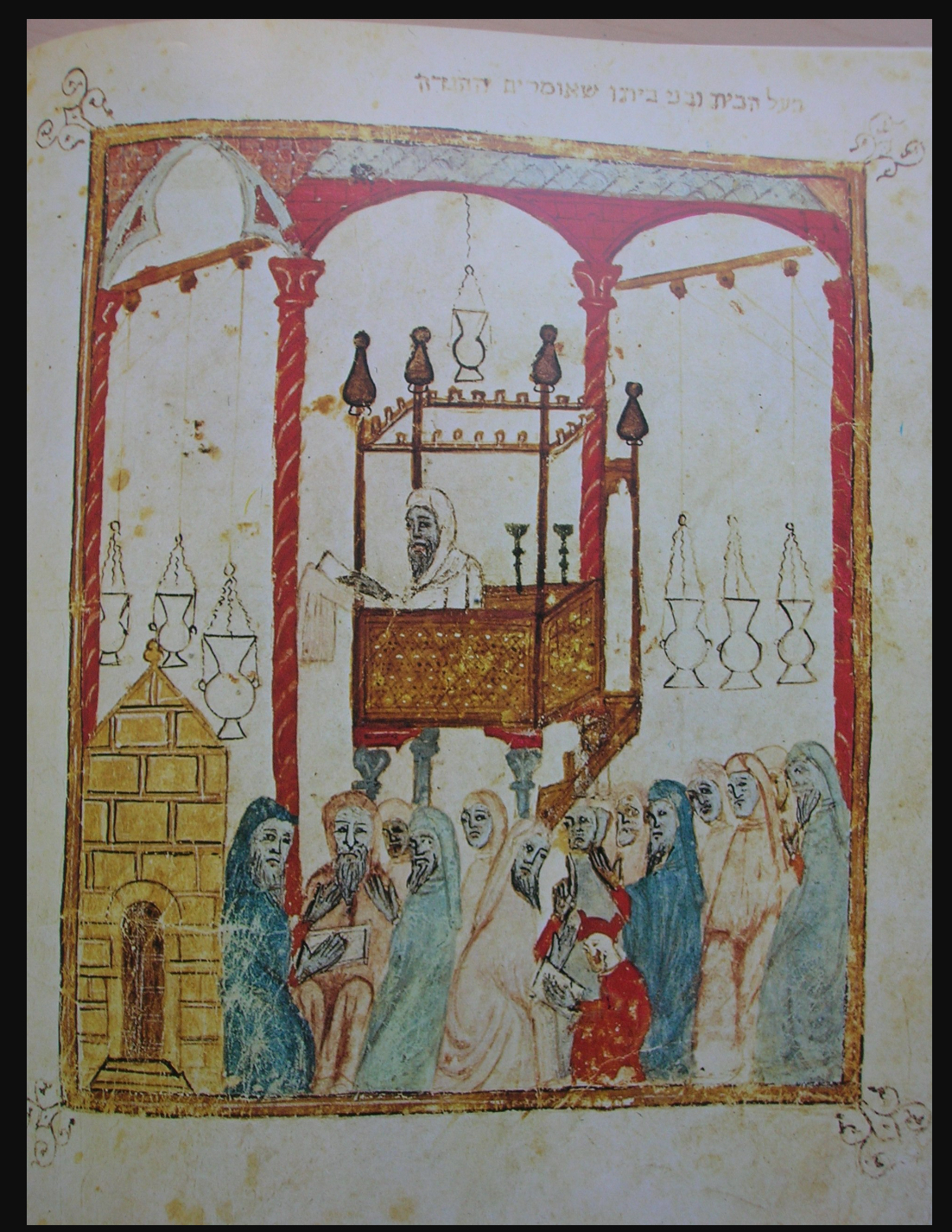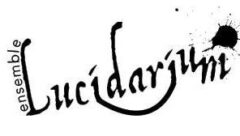Moriscos y Marranos
Moriscos y Marranos – Songs of Exile was commissioned by the 2024 Utrecht Early Music Festival. The project takes its name from the historical terms for converted Muslims and Jews and traces their parallel paths throughout the 15th, 16th and 17th centuries as they moved from the Iberian Peninsula to Italy, Turkey, Tunisia, some even as far as the New World. It is intended as a message for Peace in troubled times, and as a reminder that, in many aspects, the lives of minorities and refugees have changed little over the centuries.
The Program:
The year 1492 marked the discovery of the Americas, the expulsion of the Jews from Spain, and the fall of the Nazari Emirate of Granada, and with it, the last Arab stronghold on the Iberian Peninsula. However, despite the myth of the Spanish Convivencia, for most of the period, religious minorities in Christian Spain faced a shifting, omnipresent danger which turned fluidity – cultural, religious, linguistic, and geographical – into an essential tool for survival.
This was reflected in their art – for example, Aljamiado songs (Spanish in Arabic script) describing a trip to Mecca, or one in Arabic written in Latin letters describing the end of the Nazari reign. Or Arabic poems describing the exiles’ voyage to Tunisia or Jesus’ conversion to Islam. In an attempt towards forced assimilation, Spanish authorities banned dancing the zambra, speaking Arabic, head coverings, and even couscous! At the same time, Jewish “conversos” strived to make their way as poets and musicians, although some could hardly hide their displeasure at their state. Those who chose exile carried their Spanish-Jewish and Hebrew songs with them, sometimes adopting Turkish and Arabic melodies along the way. For centuries, Catholic, Jewish and Islamic traditions blended and separated while Spanish, Arabic and Hebrew literature borrowed incessantly from one another, creating a constantly transforming mishmash of culture and identity. Although little music has survived, with the help of orally transmitted and historical sources, this rich, complex heritage can be brought back to life. And indeed, the aim of bringing musicians from different backgrounds together is to work collectively to find musical solutions for this beautiful repertoire with so many different influences. In addition, with the current political climate, and the rise in Islamophobia and antisemitism, the importance of showing the connections and parallels between peoples too often portrayed as enemies cannot be underestimated.
Musicians
Hussain Atfah – voice and oud
Carla Nahadi Babelegoto, Sveta Kundish, Enrico Fink – voice
Avery Gosfield – recorder, pipe and tabor
Tayfun Guttstadt – ney, percussion
Élodie Poirier – viola da gamba
Fabio Accurso – lute
Massimiliano Dragoni – percussion, hammer dulcimer
Repertoire: Villancicos, songs in Arabic, Judeo-Spanish, Hebrew and Aljamiado (Arab-Spanish) from the 16th and 17th centuries; Canarios, Zambras….

